This article is sponsored by NVIDIA.
NVIDIA has been going from strength to strength when it comes to innovation in the gaming space and its latest software rollouts have gone beyond merely enhancing the graphics of your favorite titles, granting you a tangible competitive edge along the way.
How, you ask? Enter NVIDIA Reflex, a tool to enhance and refine your existing skills by leveraging the capabilities of any recent GPUs like the RTX 4060 to improve system performance in ways that were previously impossible.
In rapid-fire competitive games such as CS:GO, Apex Legends, or Overwatch 2, sometimes the graphical fidelity on offer when using the highest levels of settings is actively detrimental to player performance. This is why you see pro CS players streaming with low-resolution setups and limited settings so that they can reduce latency and input lag as much as possible.
Now, this and more can be done with NVIDIA Reflex, a revolutionary suite of GPU, G-Sync display, and software technologies that reduce click-to-display latency, allowing you to consistently outgun your opponents.
What does NVIDIA Reflex do? System latency, explained
Two kinds of latency affect competitive players. Network delay, or lag, is the more commonly known one and it is affected by your internet speed and your connection to the servers. But system latency can also have a significant impact on your gameplay experience and it relates to your physical hardware. Simply put, how much time passes between you clicking the mouse button and the bullet firing in the game?
The difference between a good and bad setup can be measured in milliseconds, but its impact in a competitive setting is huge. Fans of Apex, Overwatch 2, and other such titles will know just how important it is to eliminate the smallest of delays and how important peeker’s advantage is in games like these.
Higher responsiveness allows you to react faster to in-game events and play safe in the knowledge that your actions will rapidly register and your acts feel natural, without delays, allowing you to focus on best performance rather than mitigation. Rapid-fire first-person shooters rarely offer you second chances in a pitched battle, and this system offers you an extra tool in your arsenal to ensure that you get things right the first and only time.
NVIDIA Reflex significantly reduces your system latency by optimizing the rendering process in its entirety. In graphics-intensive games, framerates are maximized by the CPU queuing up tasks in a render queue to ensure a consistent task flow for the GPU. But this comes at the cost of latency since frames are essentially standing in line, waiting to be rendered. Reflex streamlines this process by keeping the CPU and the GPU in sync throughout the process, dynamically reducing the queue.
This also reduces the back pressure on the CPU, allowing games to sample mouse input just in time for rendering, providing further latency improvements in GPU-intensive scenarios.
We’re not talking about marginal improvements here. Tests have shown that NVIDIA Reflex can reduce system latency by up to 60 percent in Overwatch 2, making a tangible impact on your gameplay experience and how the gunfights play out in a particular match—way more so than what we’ve seen before with driver-only technologies in the past.
A complete, ever-growing list of compatible games, mice, and monitors is available here.
Reflex SDK: Direct measurement and developer-side benefits
Reflex’s accompanying SDK offers an exciting opportunity for game developers as well to measure and reduce rendering latency in a much more precise and manageable fashion than before, without high-speed cameras and other proprietary external equipment, relying on this new set of APIs instead.
Players also directly benefit from the metrical side of the technology. The NVIDIA Reflex Latency Analyzer is integrated into the latest displays and peripherals, allowing you to directly measure, adjust, and optimize your own system latency in a much more precise manner than measurements like FPS did.
With an ever-growing list of games and hardware supporting NVIDIA Reflex, more and more gamers can gain access to this exciting technology, ensuring that it’s the best player on the server that will win at any given time, without those pesky hardware limitations scrambling the scoreboard. To get equipped, you can find the latest NVIDIA RTX 40-Series GPUs at Ebuyer.


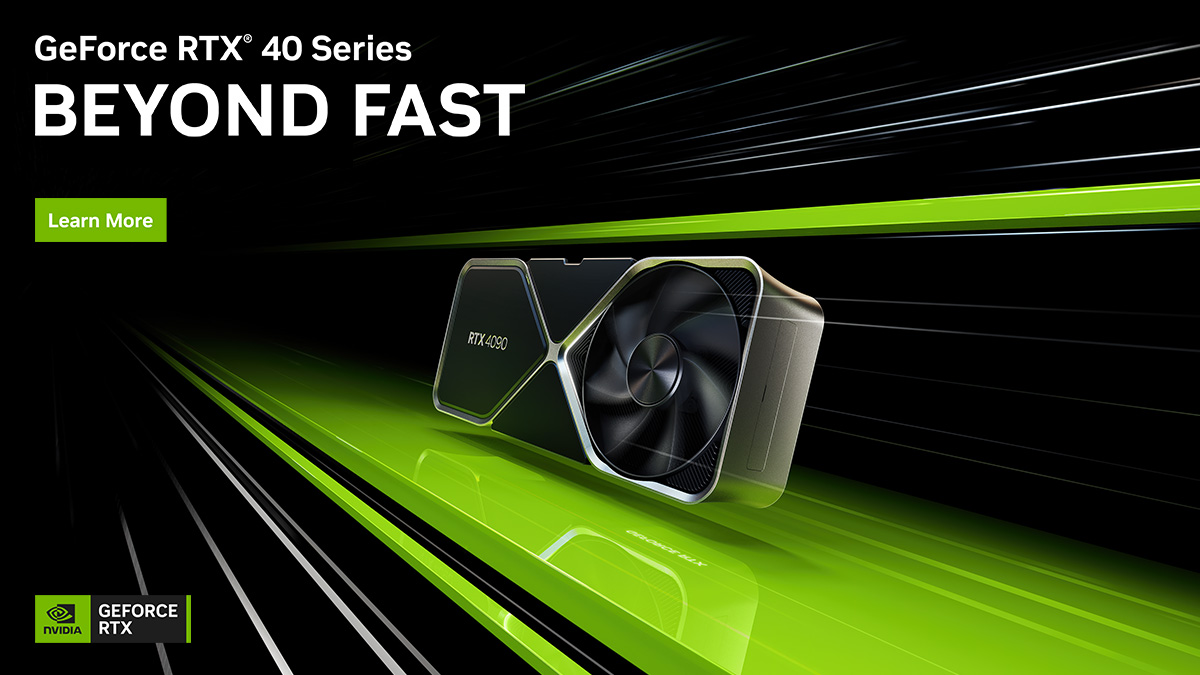
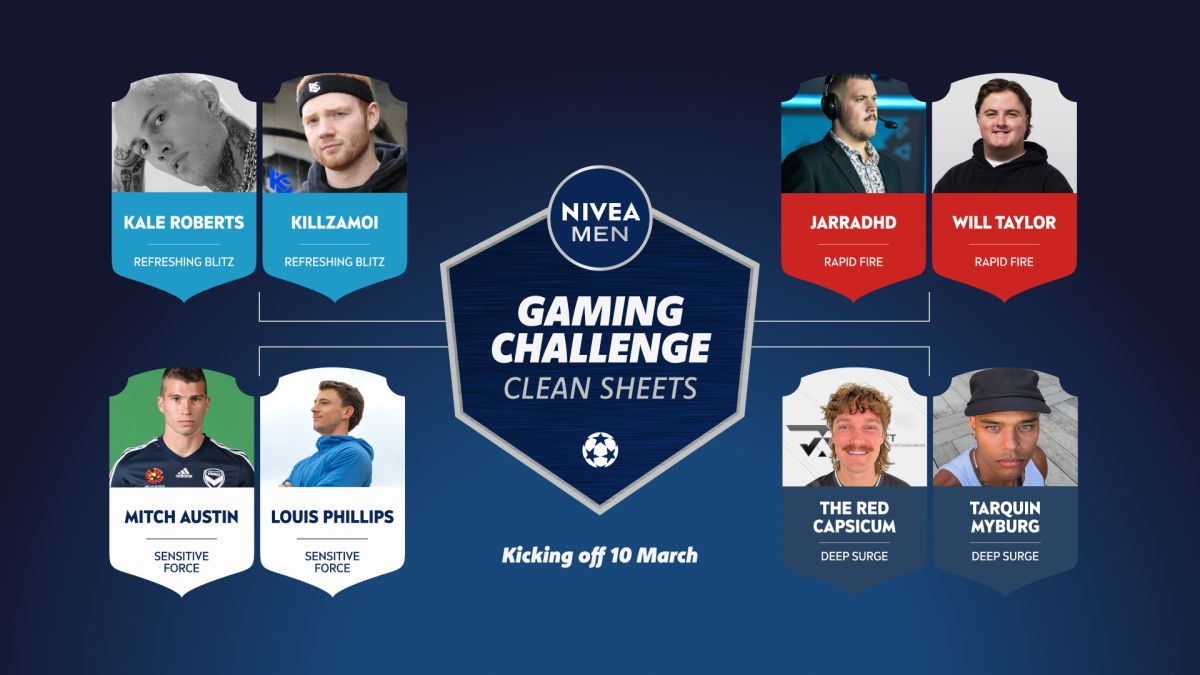

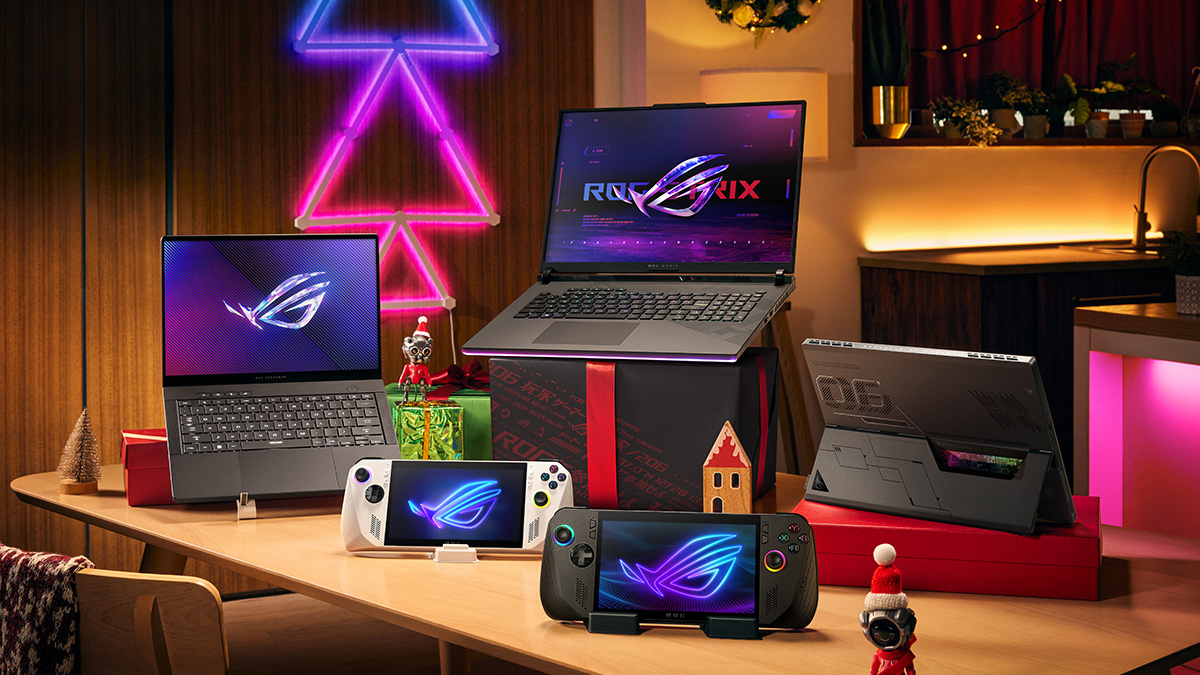

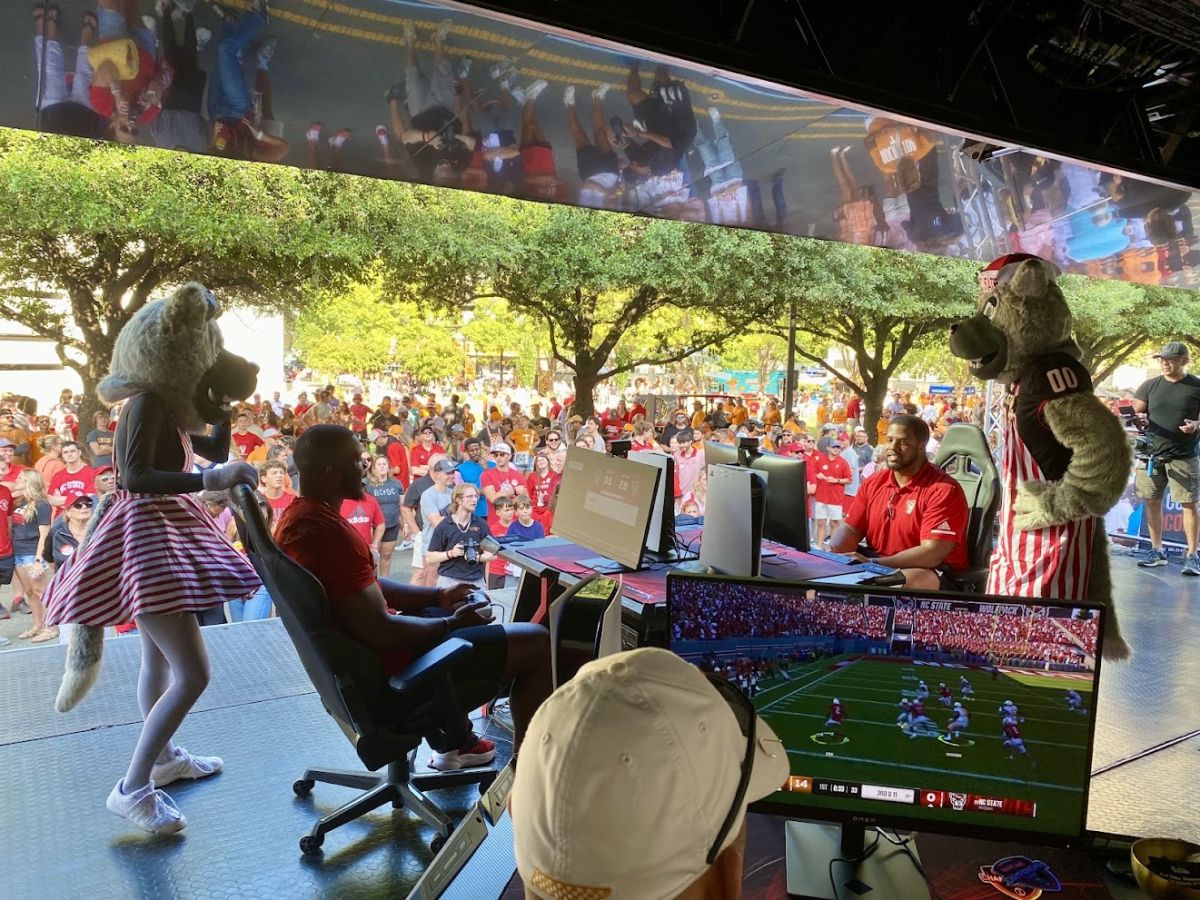

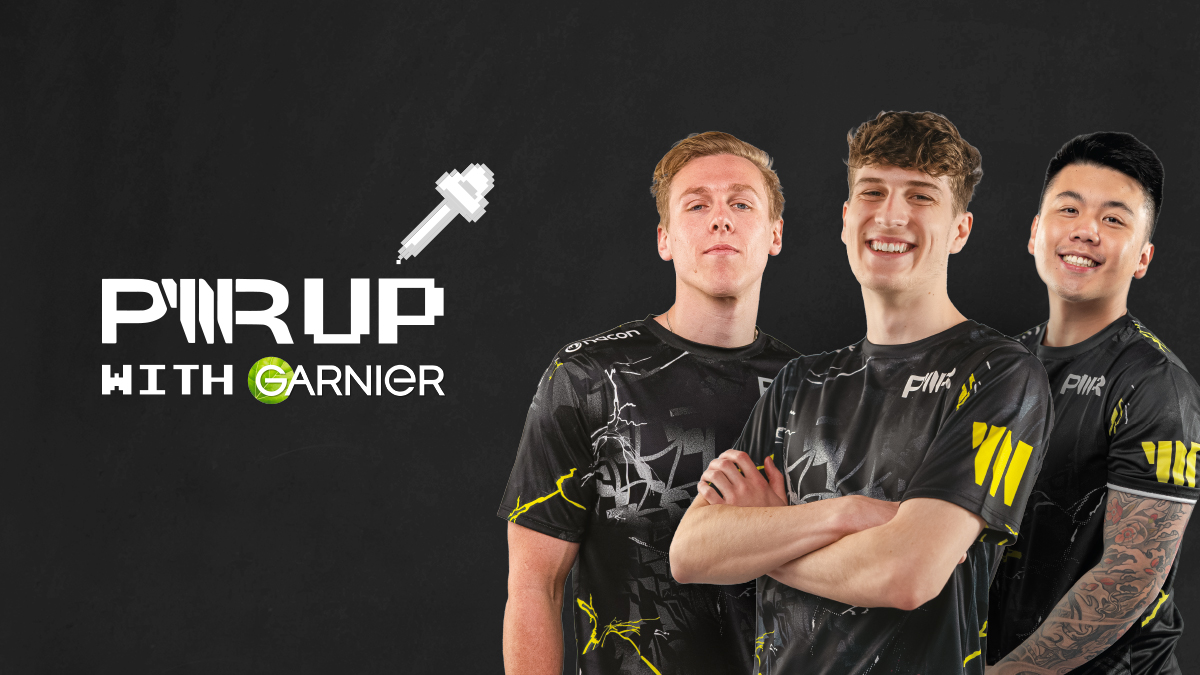


Published: Jul 31, 2023 10:00 am